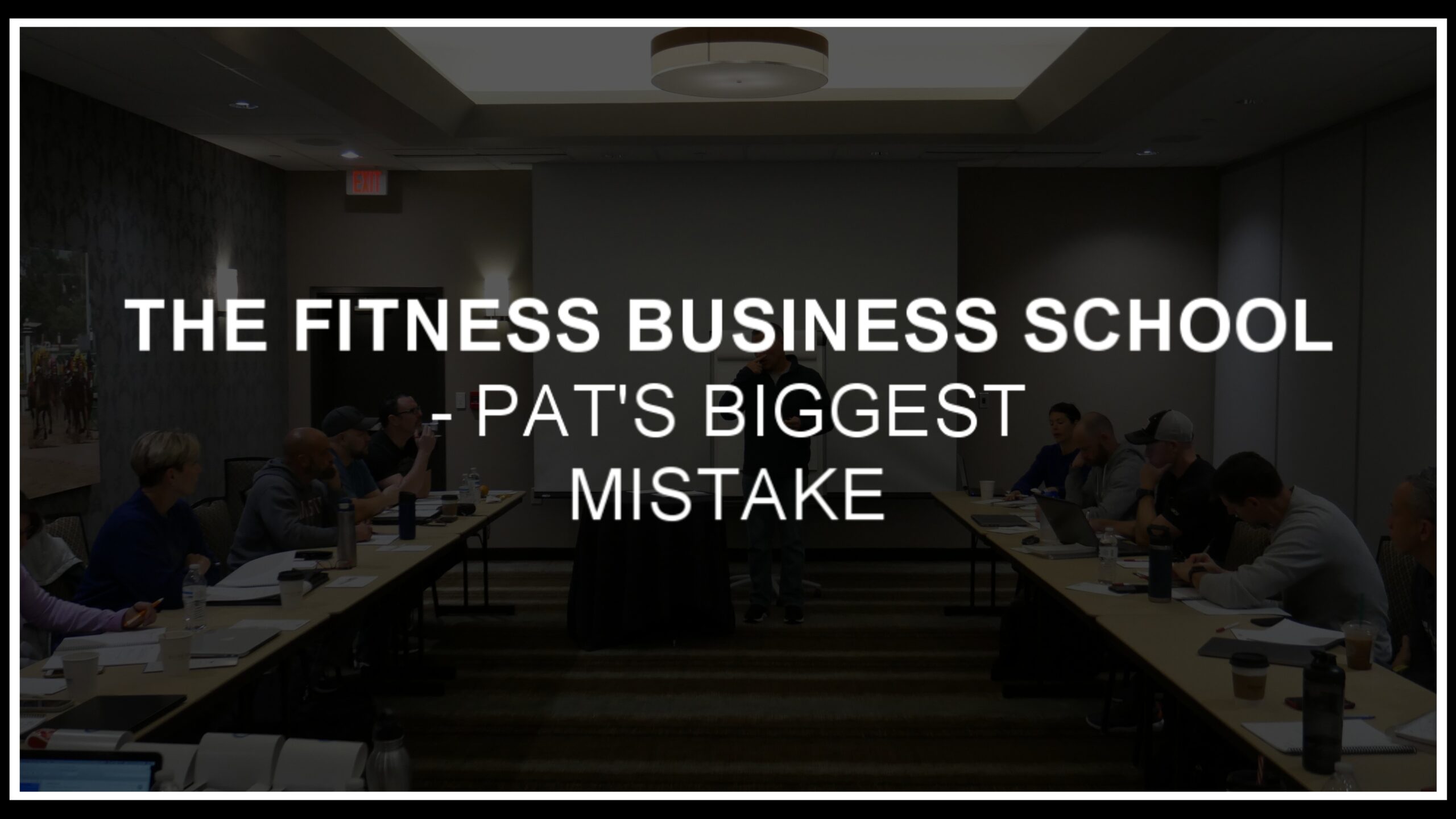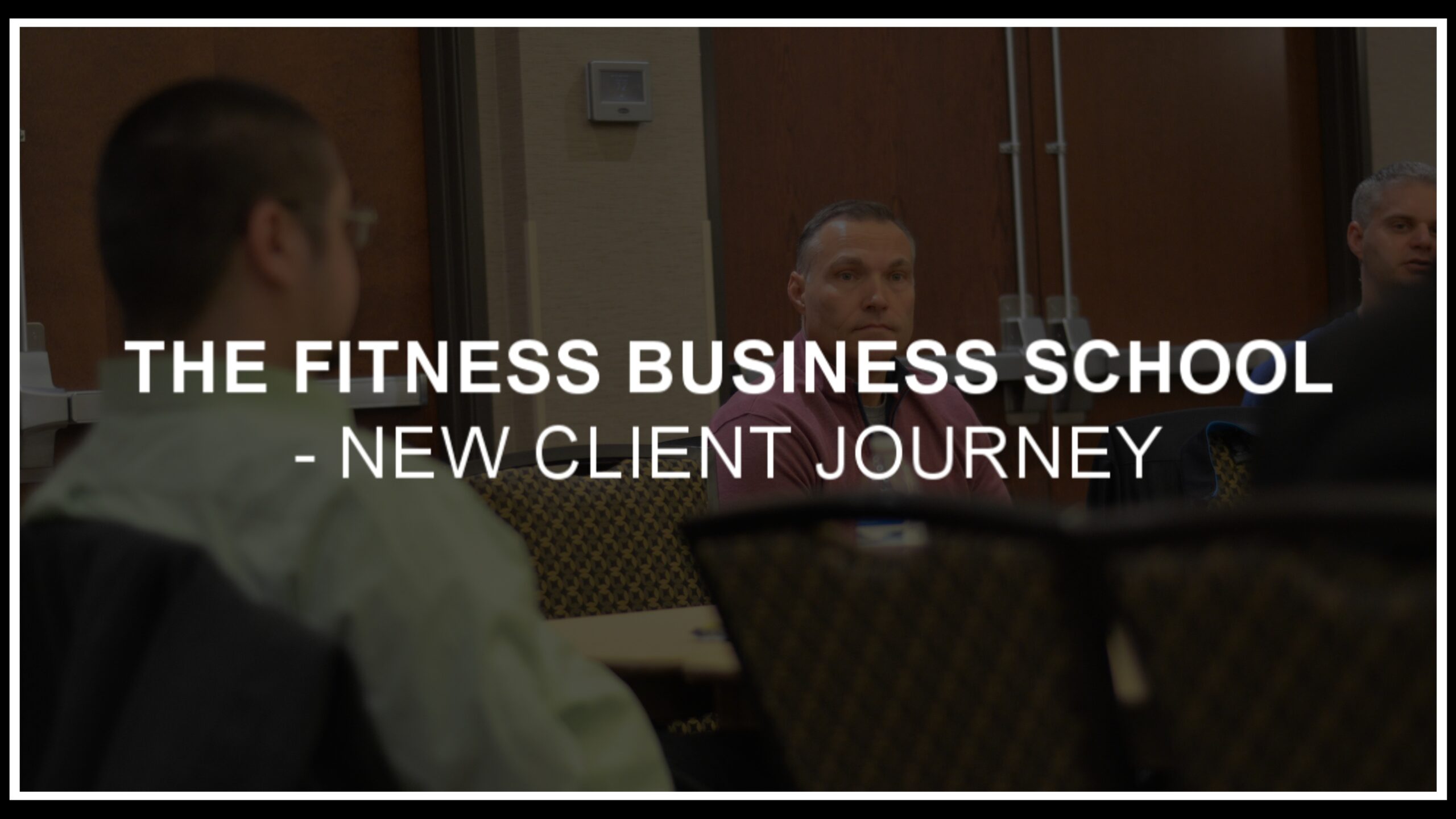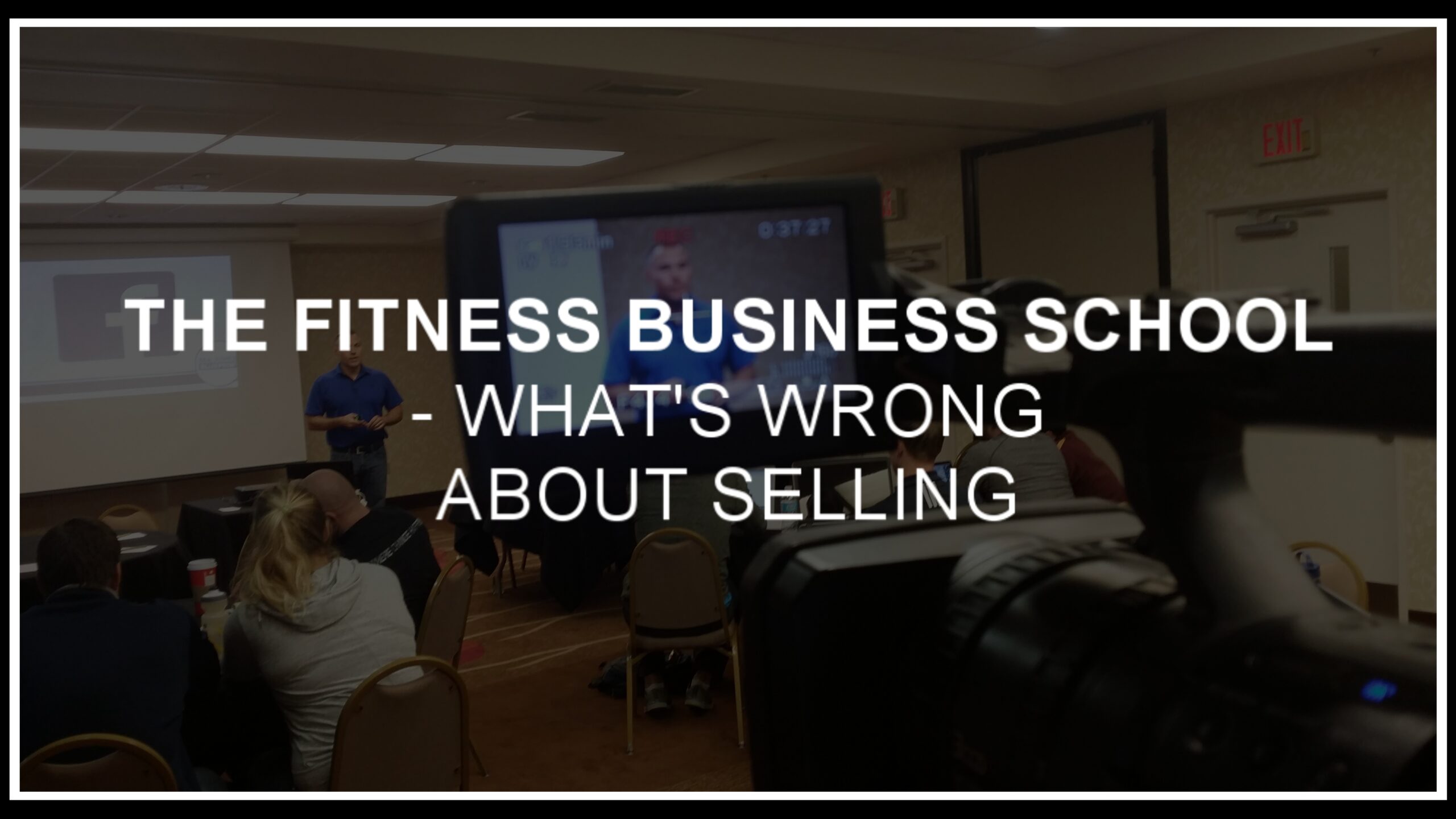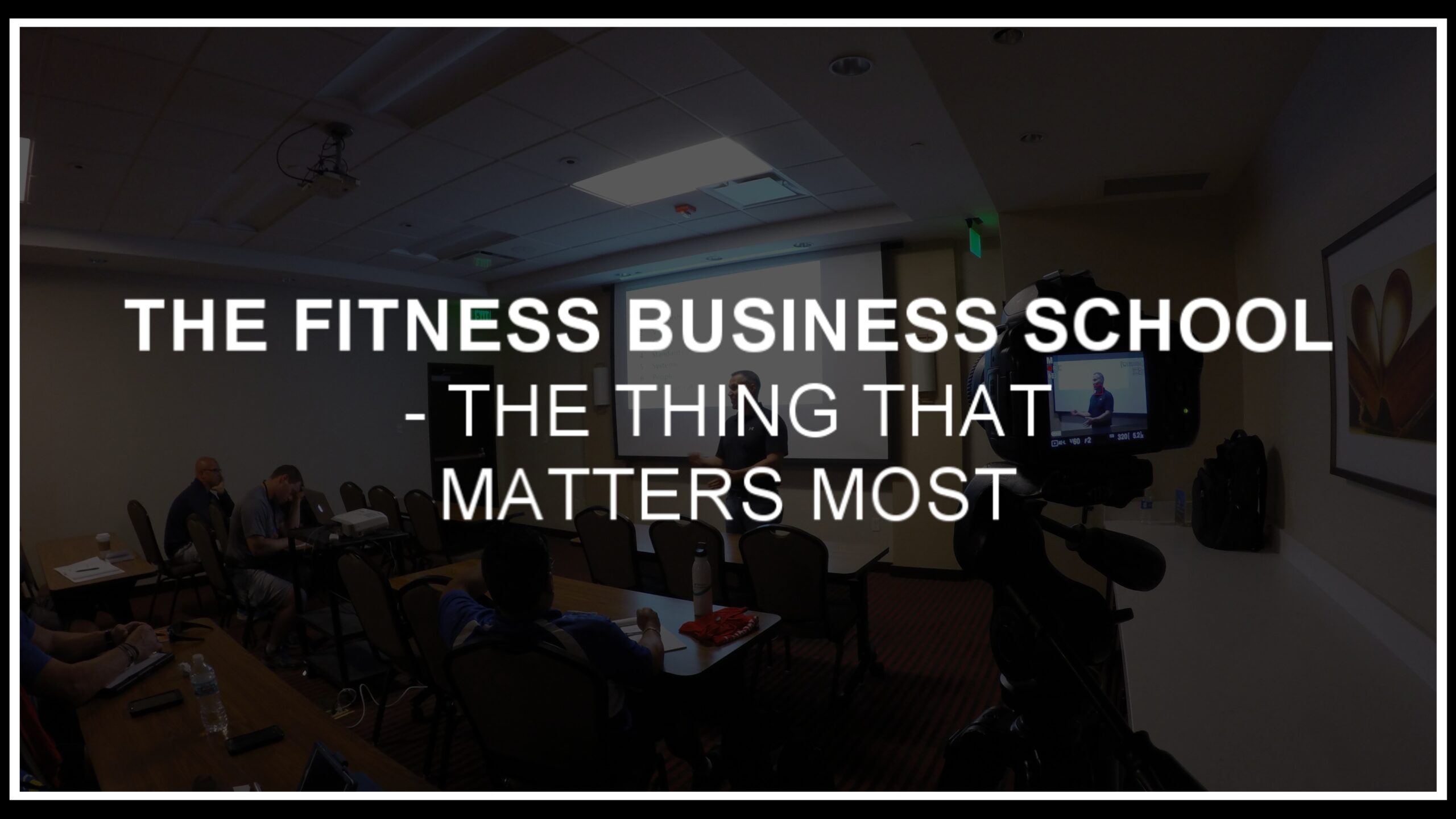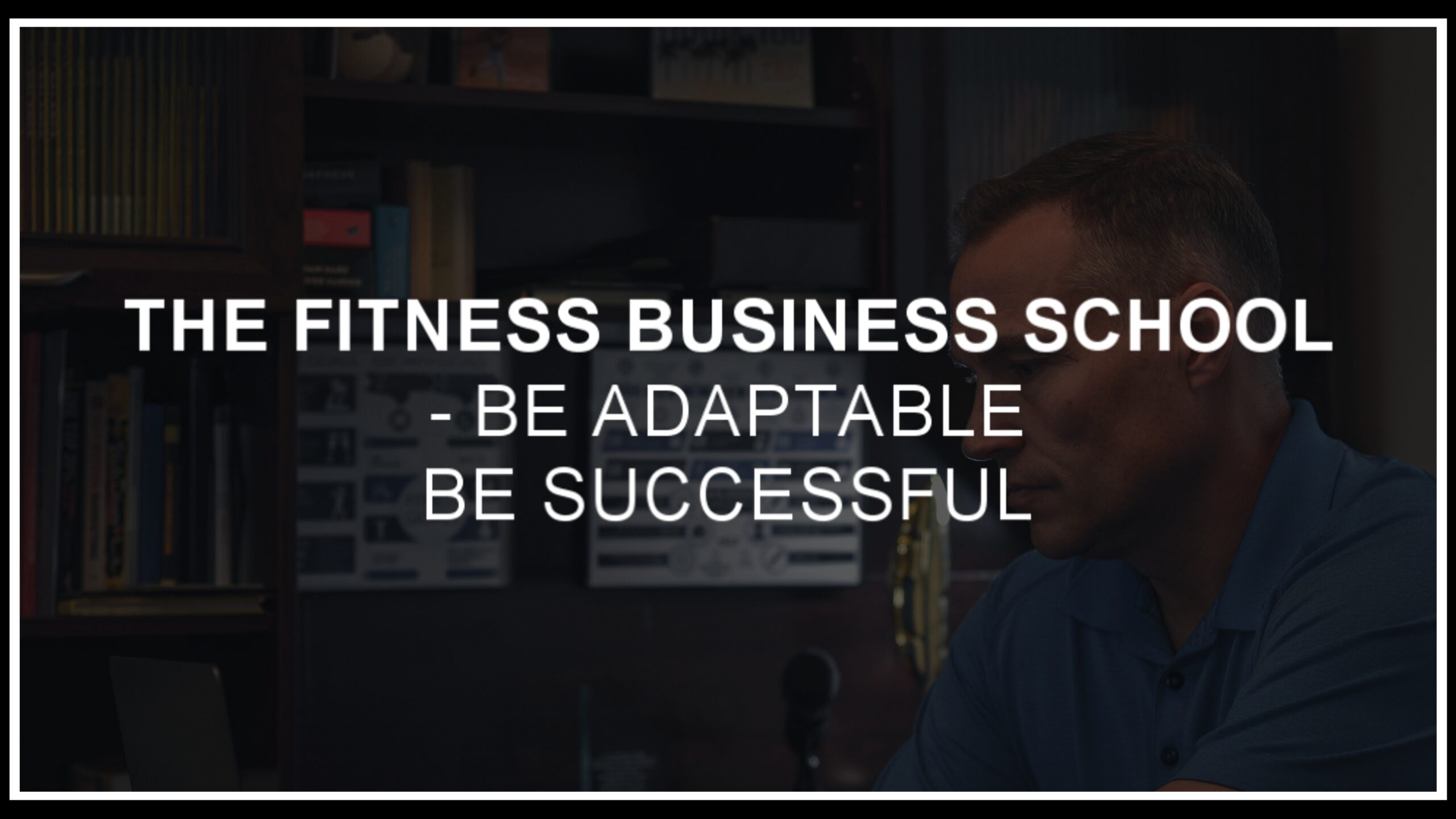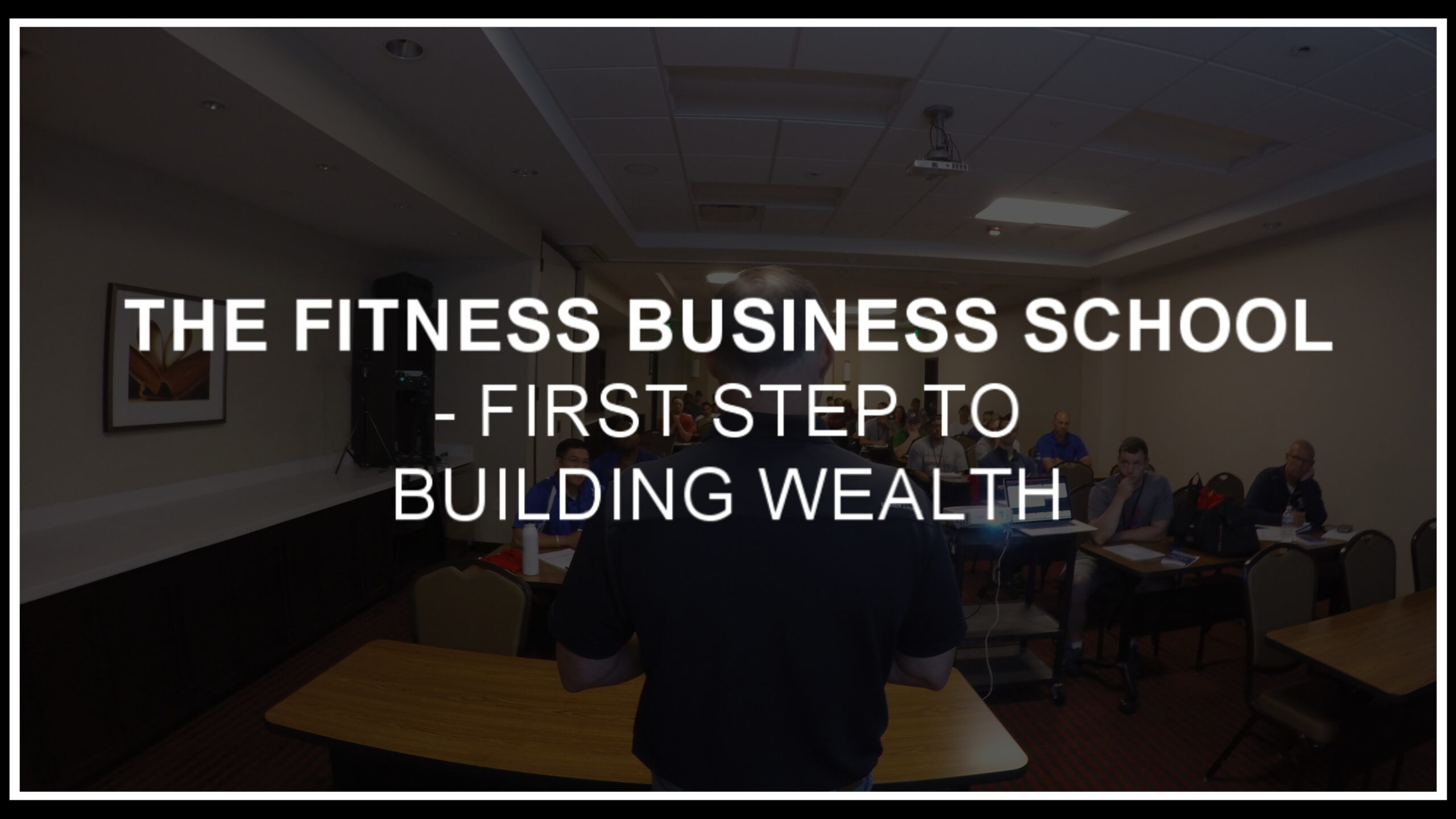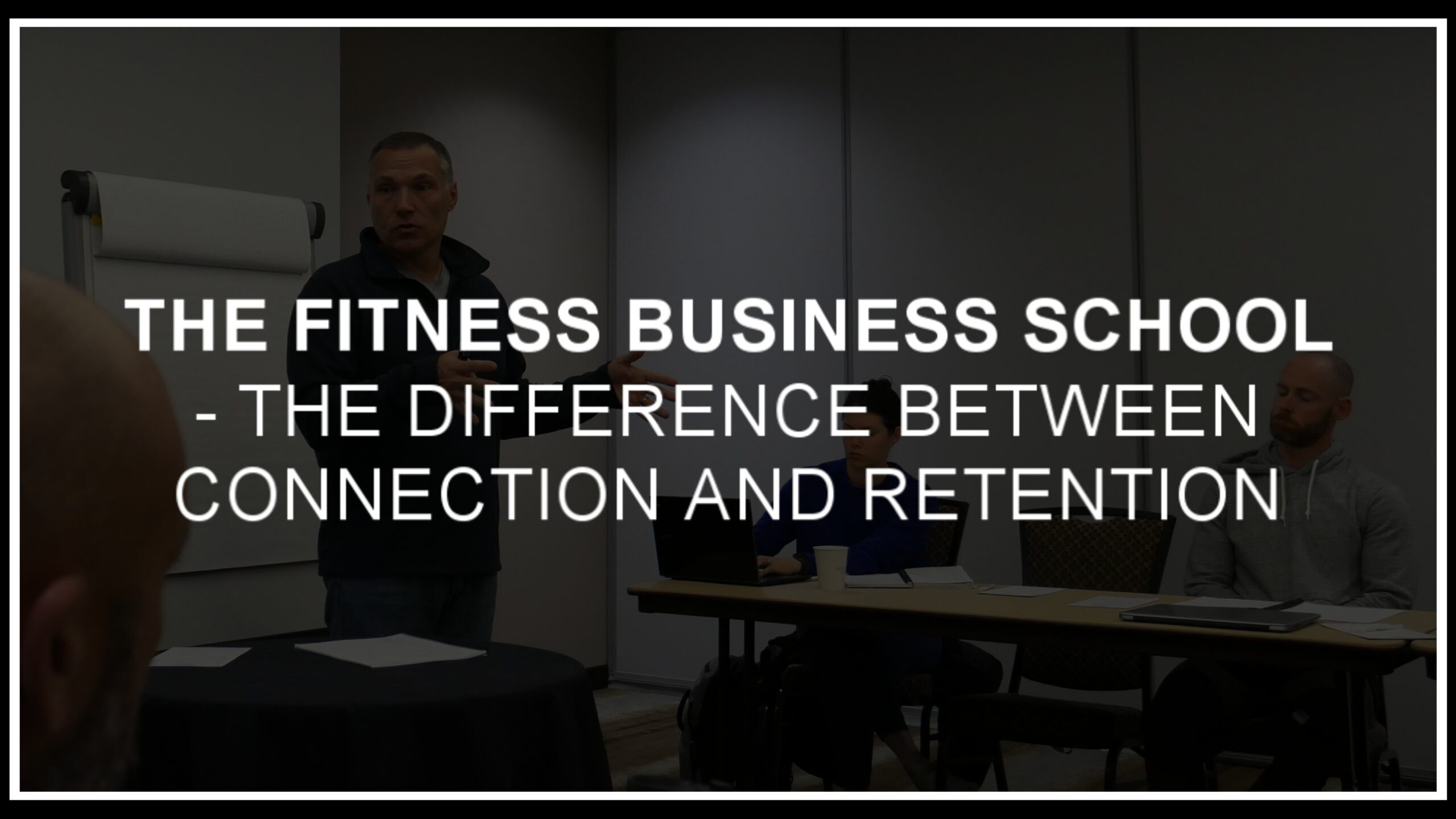Show Notes
00:00 Introduction and Episode Overview
00:26 The Importance of Annual Planning
02:00 Challenges in Goal Setting
03:09 The College Analogy for Goal Achievement
05:44 Breaking Down Goals into Manageable Steps
08:20 The Right System for Goal Achievement
08:50 Special Offer and Conclusion
Full Transcript
Hey, Pat Rigsby here and in today’s episode, I want to talk with you about how to avoid the struggle. Let’s get to it.
Welcome to the Fitness Business School podcast, the show for fitness business owners who want to grow their income, increase their impact and improve their lifestyle. Be sure to listen to the end of this episode because we have a brand new special offer exclusive for listeners. So stay tuned.
As I record this episode, we’re in the middle of our annual planning process, and we do a lot of planning and a lot of facilitation of the execution of those plans with our clients. In fact, I think it’s one of the things that we do that’s unique. It’s not just seminars and information templates.
It’s helping to guide and facilitate people. Actually execute understanding how full people’s plates are, how busy their lives are, how many responsibilities they already are committed to. And when I was plotting out the trainings that I’ve been doing on annual planning as of late, I looked at how I’ve taught Annual planning for the past decade plus.
And I’m pretty sure that I was the first person teaching annual planning in the fitness industry. And I’m not certain that most of the way that I taught it had evolved much over the decade plus that I had been doing it. And, it, and it’s not that in hindsight that I think it’s. It’s wrong or whatever else.
It’s a lot of the same stuff I may have learned years ago from like Franklin quest when I first started using like a paper planner and going to planning seminars way back in the mid nineties, did just think of this through a different lens. I thought, okay, people set these goals. They set the, these objectives out and they have the best of intentions.
And sometimes. Hopefully we help them create goals that are realistic and attainable, but still motivating and we help them get specific and clear about how to set those types of goals. And we even help them start to put a plan in place in order to achieve those goals. And. It is one of those things where I’m like, man, I think we do that fine, but still maybe not a high enough percentage of people actually get to their goals by the end of the year.
And I just tried to unpack this as best I could. And I said, okay, where are they struggling? Where are they hitting points of stagnation? Where are they getting tripped up? And how do we fix those things instead of saying, Hey, be more specific with your goals or temper your expectations more. It wasn’t that right?
Like it wasn’t that it was, I, it was very much. And I’m going to give you the example or analogy that I’ve used a couple of times. So clients have already heard this one, but I’ll share it with you. So we have my stepson. He’s finishing. His senior year of college, he’s going into his final semester, which when I say that it’s weird to even hear myself say it, but that’s four years of an undergraduate degree.
That’s about 120 credit hours, right? So 120 credit hours, 40 ish classes. And I think about the way that most people. Coach business owners. And I think about the way that most business owners kind of approach trying to achieve goals. And it would be a little bit like if Tyler walked on campus as an 18 year old freshman he walked into his dorm room and he’s unpacking and all of a sudden somebody from the registrar’s office or for, from his academic department knocks on the door and walks in and they’ve got a cart full of with 40 different books for 40 different classes and the syllabus for each class.
And they say, Hey, here’s all the stuff that you’ve got to do over the next four years. Good luck. We’ll see you in 48 months. And he has a syllabus, right? So he has a plan. He’s got the textbooks, the tools that he needs. Good luck. Just go do it. I would assume that at the average university, If they approached it that way, the graduation rate would probably be one or 2%.
But I know at Tyler’s school, the graduation rates over 70 percent and that’s for an entering four year, like a new four year freshmen, right? Some people transfer just like some people in our industry moved other professions or whatever else. So of the people who stay, I would say that the graduation rates probably It’s if you’re staying the course for the entire four years, the graduation rates pretty high into the nineties.
And I think about the people who set goals out at the beginning of the year, even if they’re well crafted goals. And even if they have a bit of a preliminary plan, I’m going to guess that the success rate on those is under 10%. Probably under 5 percent if we’re breaking down the number of goals somebody has and the total success rate of all goals set at the beginning year.
And so I was thinking about this, I’m like, why does A freshman in college who is unprepared in many cases. They’re out on their own for the first time in most cases, how are they succeeding at this rate? And it’s man, there are so many guardrails in place for them to be successful. They have.
Classes that have structure, everything’s broken down into bite sized pieces, not just by semester, but there are midterms and there are assignments that are happening on a periodic basis that have deadlines. So everything is broken down into bite sized pieces and it’s just guiding people through each step.
You finish one semester, you move on to the next semester and everything is done piece by piece. You’ve got instructors along the way to facilitate your success. You’ve got advisors to help you pick your classes and make sure you’re on track. And I think about it from that perspective and it is no wonder that they can get that volume of stuff done.
And by the same token, it’s probably not. That mysterious as to why a lot of people don’t achieve their goals, because they don’t break it down to what am I doing each week to make sure I’m on task? Am I making sure that those actions that I’m taking each week stack up one on top of the next and get me to where I’m trying to go?
And I don’t think most people pursue things that way. In fact, I know we’ve re-engineered the way that we coach business. And I don’t take that lightly because I’ve been business coaching for a long time, but where we focus so much on winning the week and trying to find better and better ways to make sure somebody is moving in a meaningful way to towards their goals week after week, because.
We’ve got all the resources. We’ve got more templates and tools and resources available to clients than probably anybody else in the industry. And I’m counting individual franchises, but those still have to be implemented. They still have to be put to use in somebody’s unique situation and designed to serve each unique person that’s using them.
And I think that’s an important kind of way to, to think about this. If you’re not achieving your goals, it’s not necessarily because they’re bad goals and it’s not necessarily because you are destined to struggle. It’s that maybe you just don’t have the right system. For goal achievement and get a better system for goal achievement.
And all of a sudden these goals become much, much more likely to be achieved. So if you want to avoid stagnation or struggle, then look at your system.
Thanks for listening to this episode of The Fitness Business School.
Before you go, I have a quick announcement:
One of of the things that we’ve been doing with our current clients is taking them through this Ideal Business diagnostic and really what it is, this checklist that allows you to pinpoint exactly what your business needs next so you can keep improving, keep growing, and build a business that you love to own, one that pays you well, one that allows you to have the impact you wanna have and one that allows you to have a lifestyle that you truly enjoy.
In this diagnostic, we walk through everything and we do an evaluation and can instantly pinpoint what you need to do next to build that business that you want. I’m going to extend this opportunity to get on with either me or my team and take you through this evaluation and fix your business’s most vital needs fast.
So if we take you through this, you’re gonna be able to make those vital changes that you need to finally have what I call your Ideal Business. If you’d be interested in going through this entirely free, risk-free diagnostic with us and learn what you already have in place, what you’re doing well and where are your greatest opportunities for rapid improvement are just shoot me an email with diagnostic in the subject line to [email protected].
Again, an email to [email protected] with diagnostic in the subject line will get
you scheduled and take you through this evaluation to help you build the business you want.


